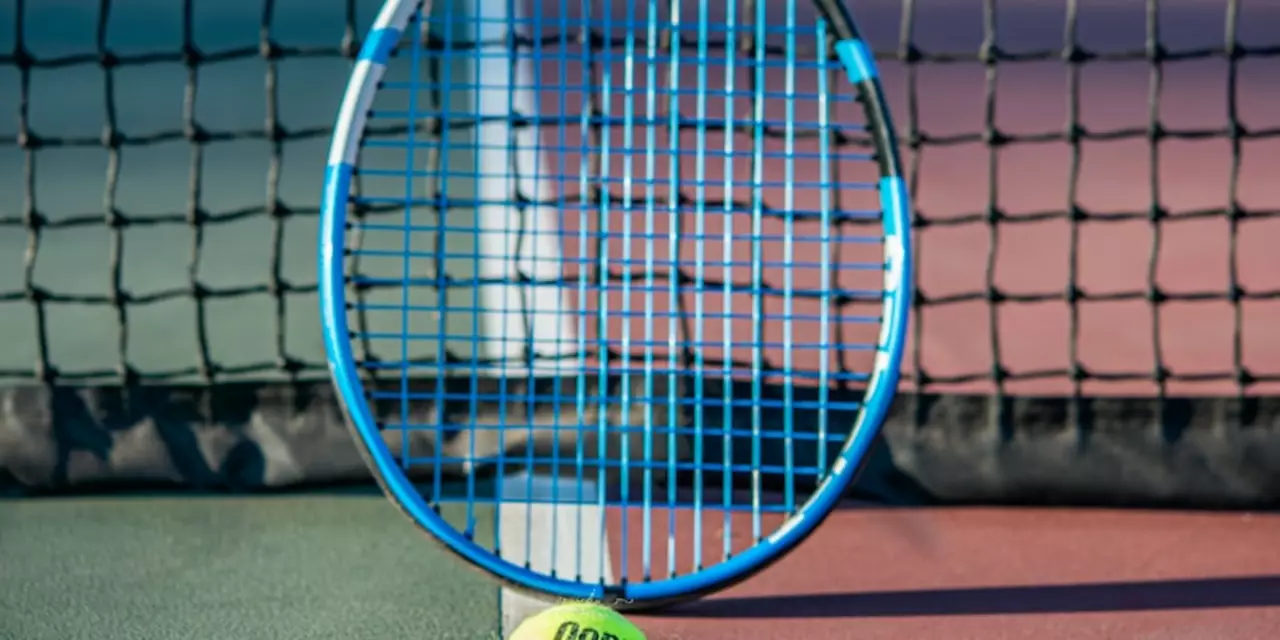Table Tennis Balls – What Every Player Should Know
Whether you’re new to ping pong or have been smashing for years, the right ball makes a big difference. It affects spin, speed, and how the game feels. At Colchester Table Tennis Club we see a lot of questions about balls, so here’s a straight‑forward rundown.
Choosing the Right Ball
First off, check the ITTF stamp. Official balls have a 40 mm diameter and weigh 2.7 g. If you see a "3‑star" logo, that means the ball meets the highest standard for competition. For beginners, a 2‑star ball works fine – it’s cheap and still consistent enough for practice.
Next, think about material. Most balls are made from celluloid or a similar plastic. Celluloid feels a bit softer and can bounce a little more, but it’s more fragile. The newer plastic balls are tougher and keep their bounce longer, which is great if you’re training often.
Speed matters too. A brand‑new ball will be livelier; after a few games it loses some of that pop. If you play in a league, you’ll want to replace balls every 3‑4 matches to keep the game fair.
Price is another factor. Bulk packs of 6‑12 balls are cheaper per ball, but they might include a mix of 2‑star and 3‑star balls. If you’re buying for a tournament team, stick to a single brand and rating to avoid surprises.
Caring for Your Balls
Storage is simple – keep balls in a cool, dry place. Heat and humidity can warp them, making the bounce uneven. A zip‑locked bag works better than a cardboard box.
Avoid dropping balls on hard floors. A hard hit can cause tiny cracks that grow over time. If you notice a dent or a wobble, toss that ball out.
When you’re done playing, wipe the surface with a dry cloth. Dust or sweat can affect spin, especially on plastic balls. Some players give their balls a quick rinse with water and let them air‑dry, but be sure they’re completely dry before the next game.
Finally, rotate your supply. Use the oldest balls first so you always have fresh ones ready for important matches. This habit saves money and keeps your game consistent.
Got more questions about balls or want to try out the latest 3‑star models? Swing by Colchester Table Tennis Club. We’ve got a selection of practice balls, competition‑grade balls, and the know‑how to help you pick the perfect one for your level.

Why don't tennis balls last long?
Tennis balls are designed to provide a certain level of performance, but their lifespan is limited due to a number of factors. The most significant is the abrasive nature of the court surface, which wears down the felt covering of the ball. Heat and humidity also have an impact, as well as the force of the shots and the speed at which the ball is travelling. Generally, a ball will last for between two and four hours of play before it needs to be replaced. To ensure the best performance, balls should be stored in a cool and dry environment and used regularly.
View More